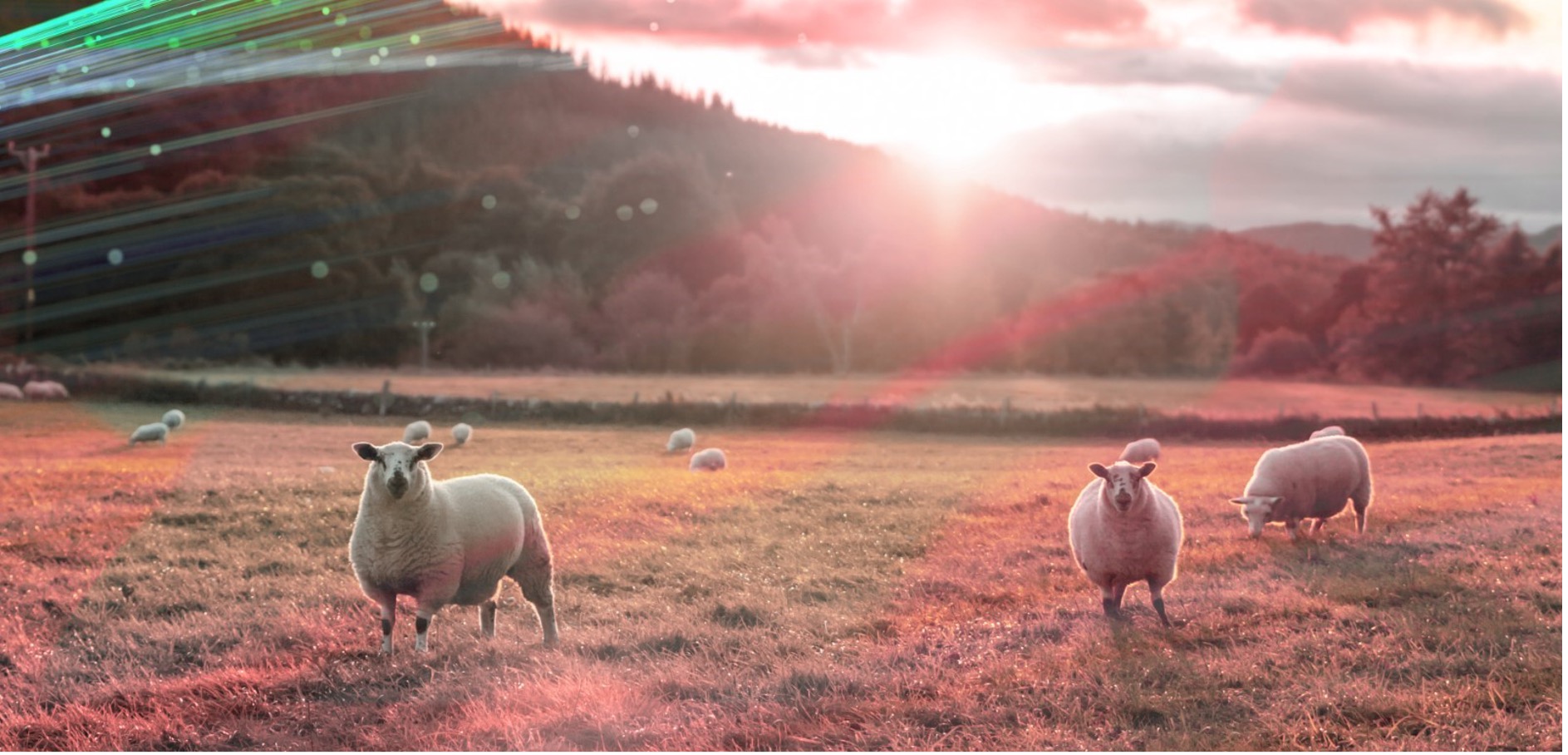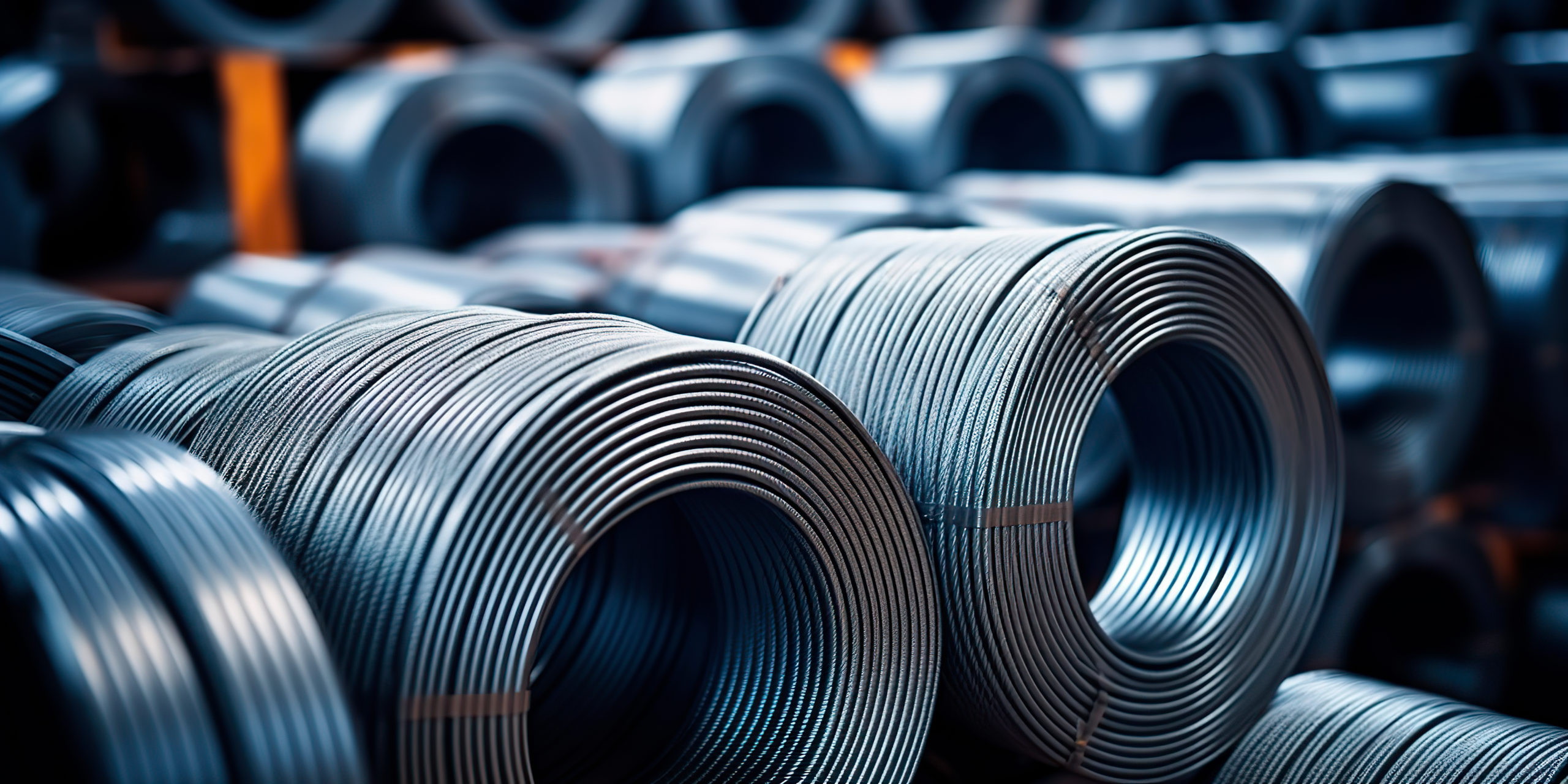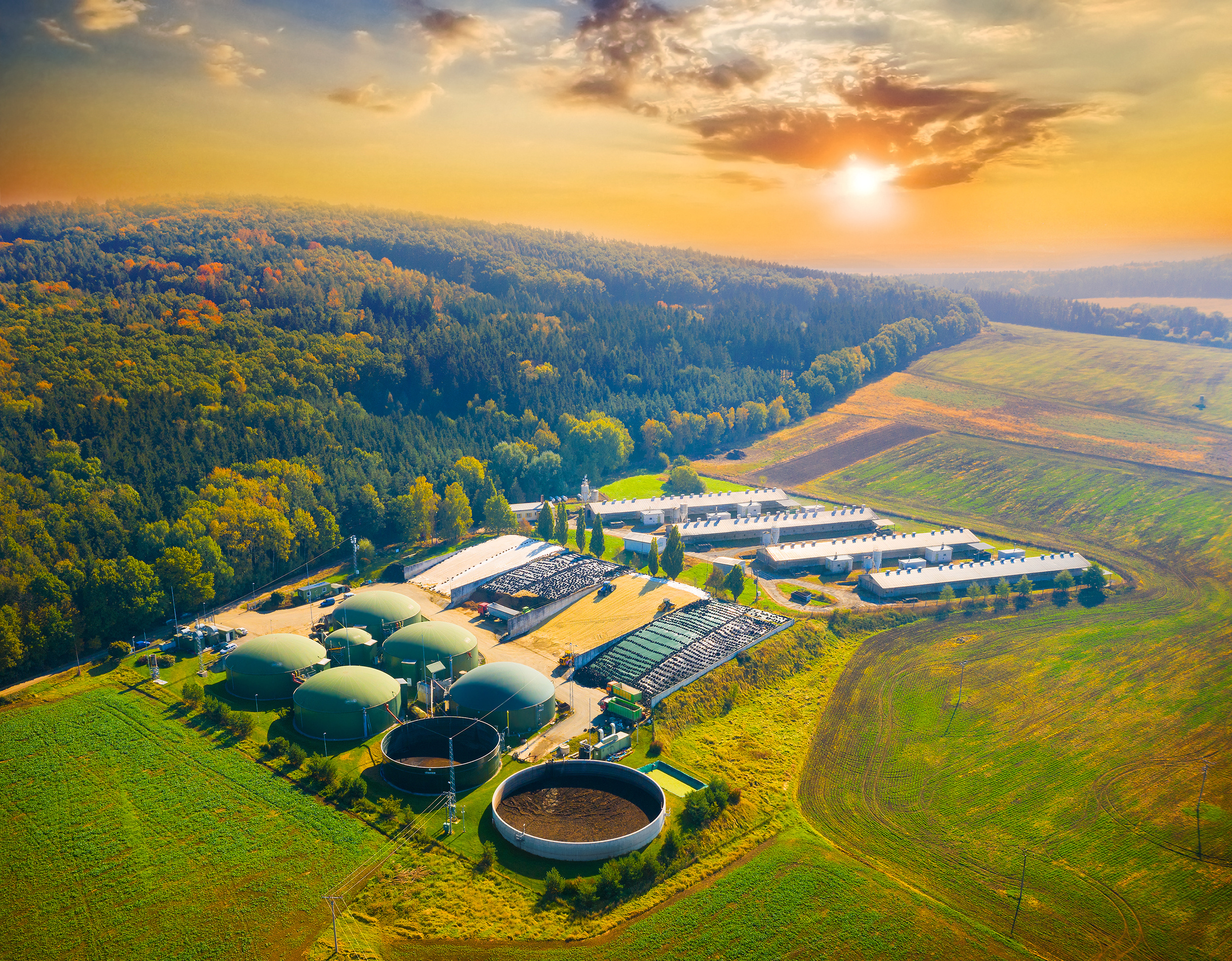Circular Economy Innovation Network
The Circular Economy Innovation Network aimed to enable stronger, more resilient industries working together, connecting, collaborating, and sharing experiences to achieve Net Zero through circular innovation.
This network has now closed. View all programmes.
Developing a circular future
In the UK most of what we use and consume flows through a take, make, waste economy. By contrast in a Circular Economy products or their component parts are returned or processed so they can be repaired for reuse, resold, refurbished or remanufactured, or reduced to composite elements for recycling.
Material flows in a circular supply chain focus on retaining the value of materials at the highest value for the longest time, i.e. extending the lifecycle of a product: instead of just recycling the material or sending it to a landfill, an item is returned to begin a new journey in the supply chain. A Circular Economy supply chain can help ameliorate the upfront investments made in carbon, energy, water, chemicals, labour, money etc. by designing out waste from the outset.
Circular Economy focus areas

Circular Design
A crucial element in the circular economy, encompassing material selection, user interaction, and end-of-life.

Circular Business Models
How materials and products move around the economy can offer new commercial opportunities.
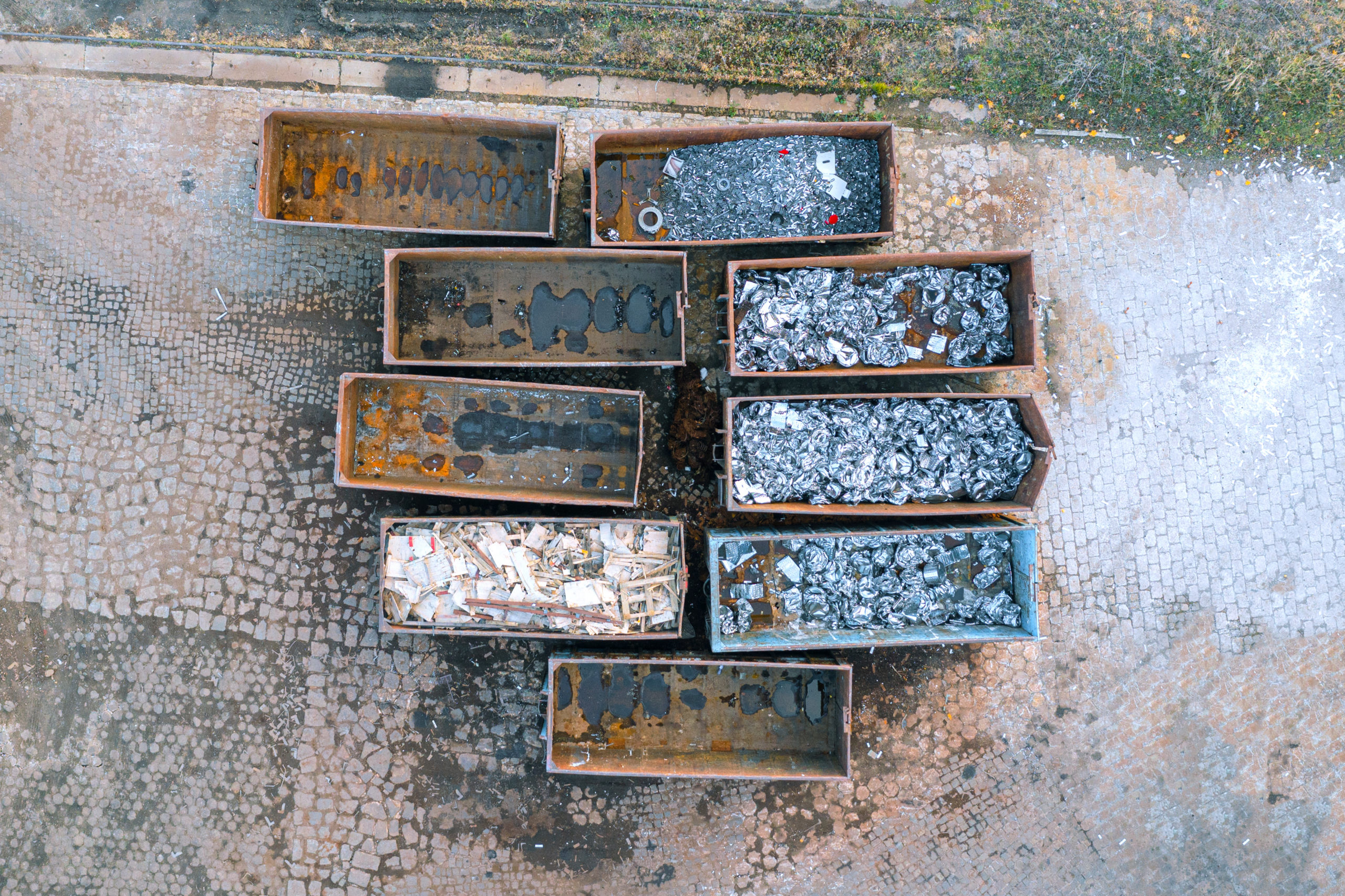
Circular Recovery
Retaining assets across the value chains and procurement can reduce expenses and risk in the supply chains.
What we have learnt
Research shows specialist collaborations produce results that wouldn’t be possible when people think and work in isolation. We are focused on three Challenge Communities: Wool, Aluminium, and Chemicals; which convened and consulted across the value chain to co-create a Circular Innovation Action Plan for each of the sectors. These Action Plans identified the key barriers preventing progress towards Net Zero and highlighted how Innovation for a Circular Economy can help overcome these barriers.
As part of this process, each of the cross-sector communities agreed on two challenges they wanted to tackle together. We explored potential solutions and brokered new relationships and collaborations between established industries, innovators and academia, for example, by using our Innovation Exchange, or the Knowledge Transfer Partnerships platforms.
These and other IUK Business Connect Programmes facilitated these relationships, matching the right businesses and institutions to work together.
Circular Action Plans
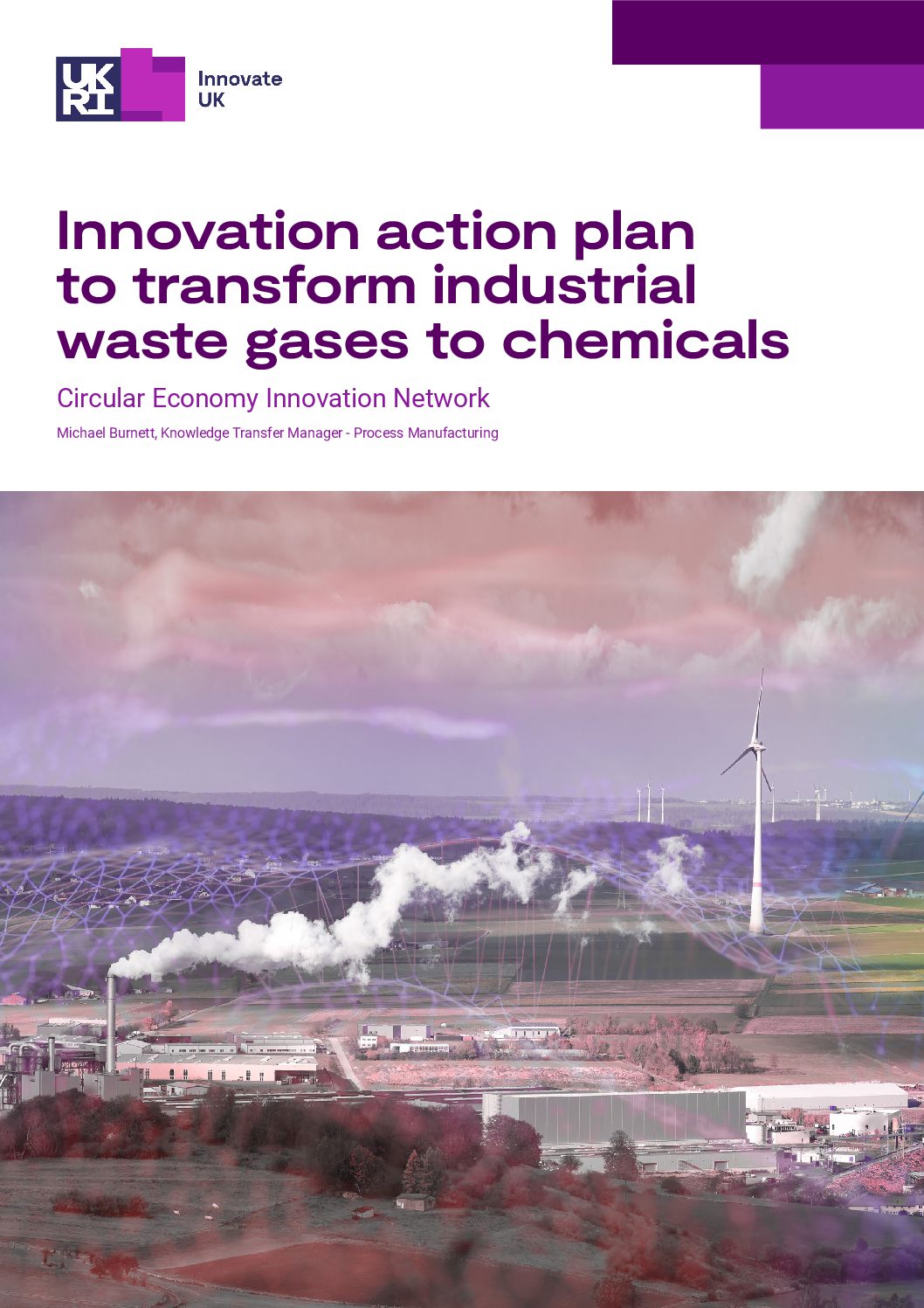
Transforming Industrial Waste Gases to Chemicals
This plan sets out a vision for using CO/CO2 in the manufacture of higher-value chemicals to support a circular carbon future. It aims to create a chemical sector and associated supply chains that can thrive in a circular, net zero world and promote the existing and emerging technologies to benefit the chemicals supply chain in the UK.
Download
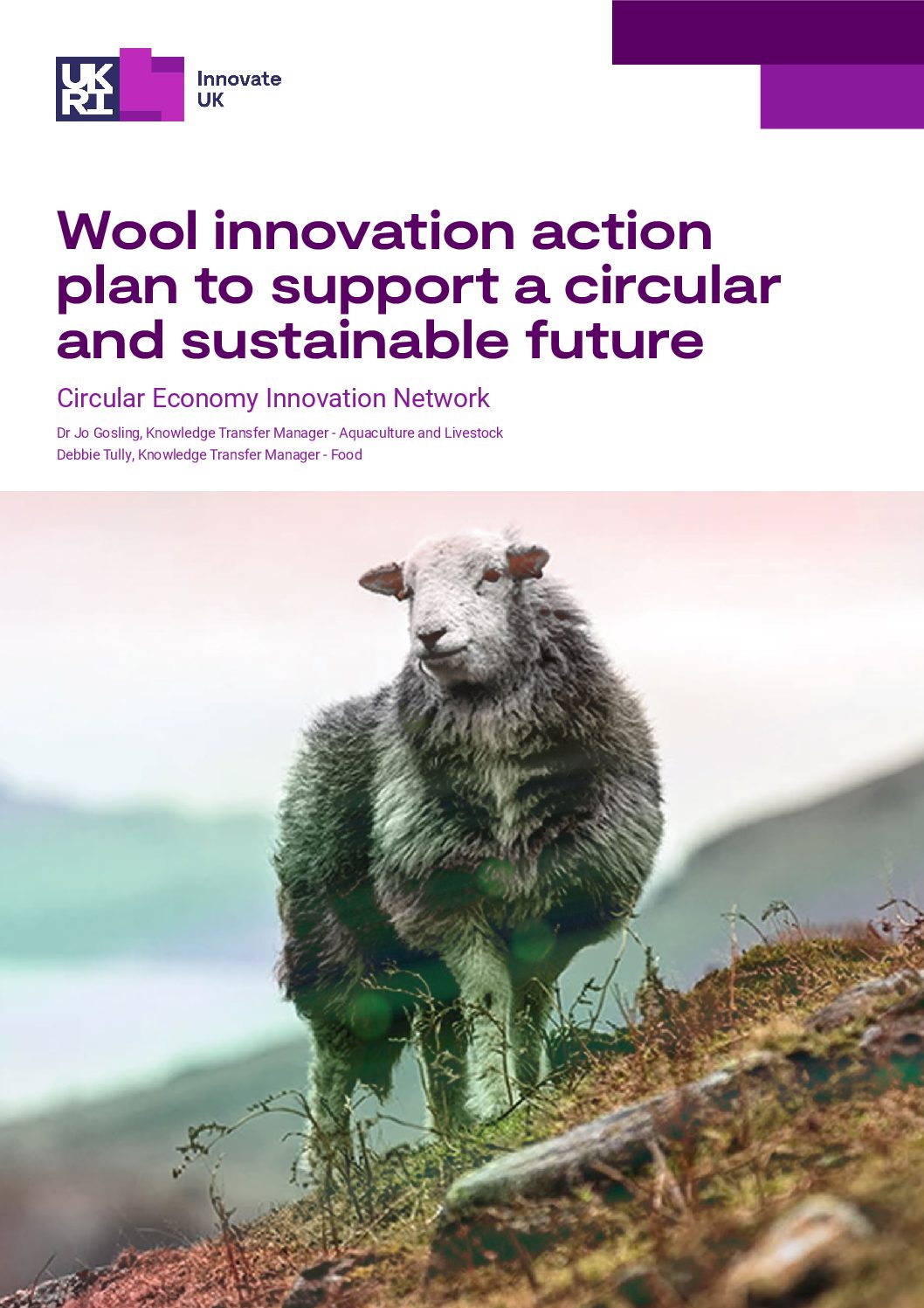
Wool Innovation Action Plan
Our Wool Innovation Community action plan sets out the aims and vision for this natural, and often undervalued resource, to be appreciated as a smart technical fibre which can be used in many industries to reduce reliance on oil-based products.
Download
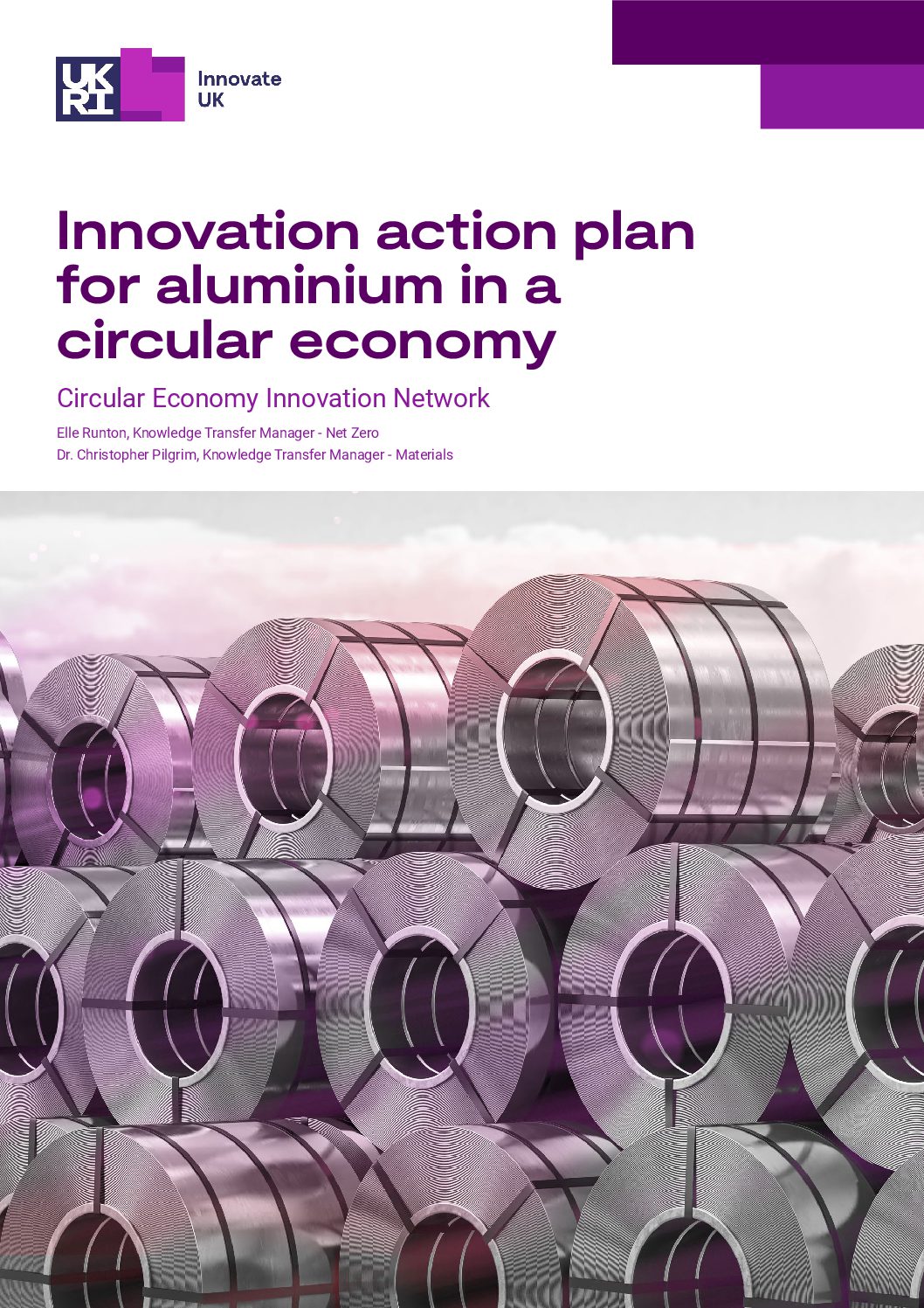
Aluminium in a Circular Economy
This action plan aims to outline the key interventions for the aluminium sector to accelerate the adoption of circular economy principles and identify stakeholder groups to lead on the specific actions.
Download
Testimonials
"Thank you for the Wool Innovation Network Circular Economy Action Plan. As far as I am aware no one has ever produced such a comprehensive report on the current state and misconceptions of the Wool Industry and highlighted the opportunities and innovations that will produce hugely positive outcomes for British sheep farmers. I am so pleased to have the opportunity to be involved in this Network. Interest is growing and the Network is gaining real momentum."
— Angela Morris, WoolCool
“Regarding useful connections, I can confidently say that the network has been instrumental in creating a range of valuable connections with individuals and businesses who share a keen interest in this field. These connections have opened up various options for collaboration and exploration of innovative ideas.”
— Brian McIlwaine, Founder, Future Humanity Ventures
“Since attending the Circular Economy Innovation network event for aluminium in Wolverhampton in 2023, BCAST has formed a UK working group focussed on greenshoring the post-consumer aluminium industry. This group will leverage extensive aluminium R&D capabilities to become more competitive on the global landscape. Chris Pilgrim is an integral part of this working group, providing invaluable support.”
— Dr Mark Jones, BCAST
Our Experts
Related Perspectives
Related Case Studies
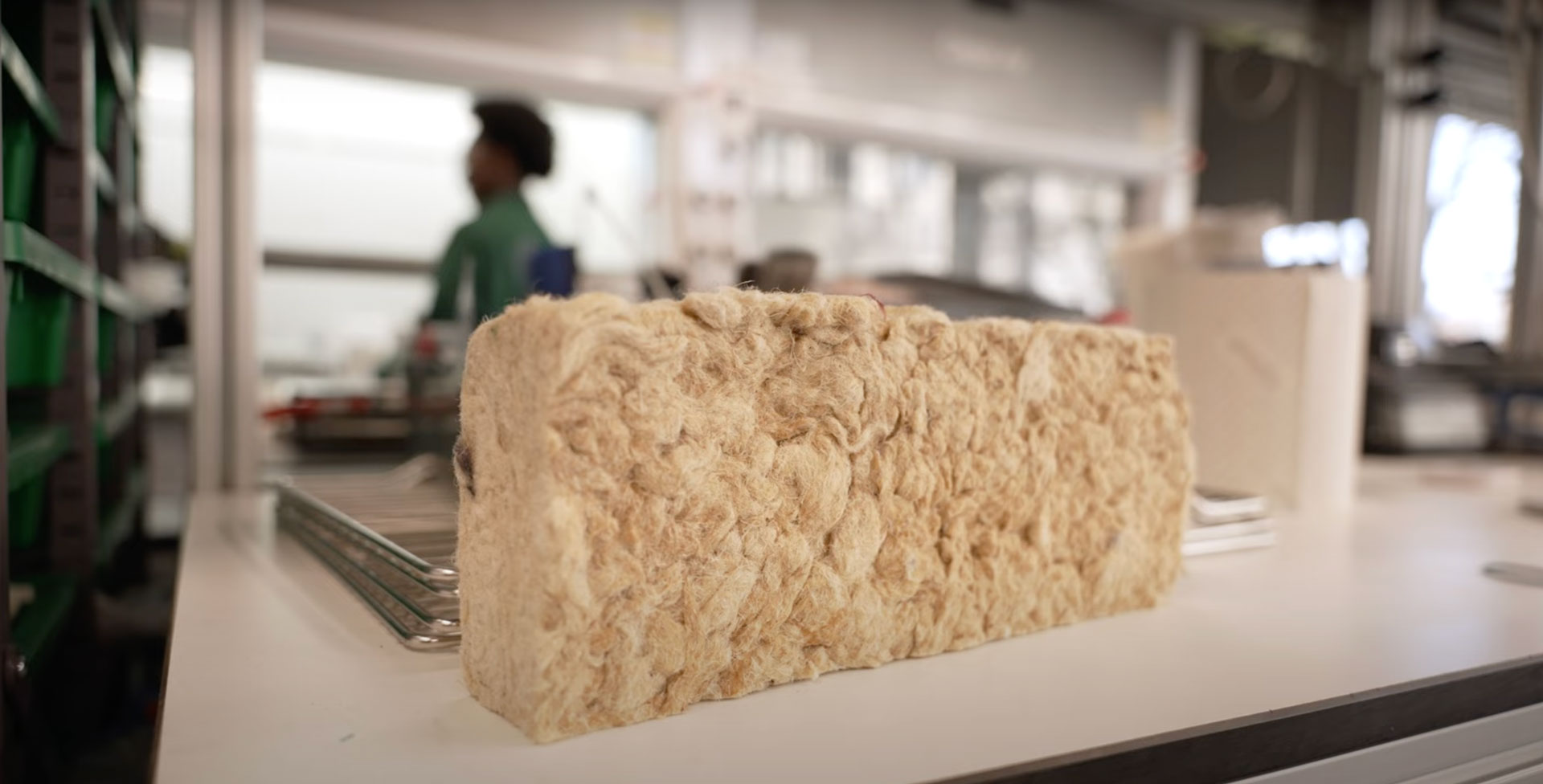
Pioneering initiative developing Sheep Wool External Wall Insulation
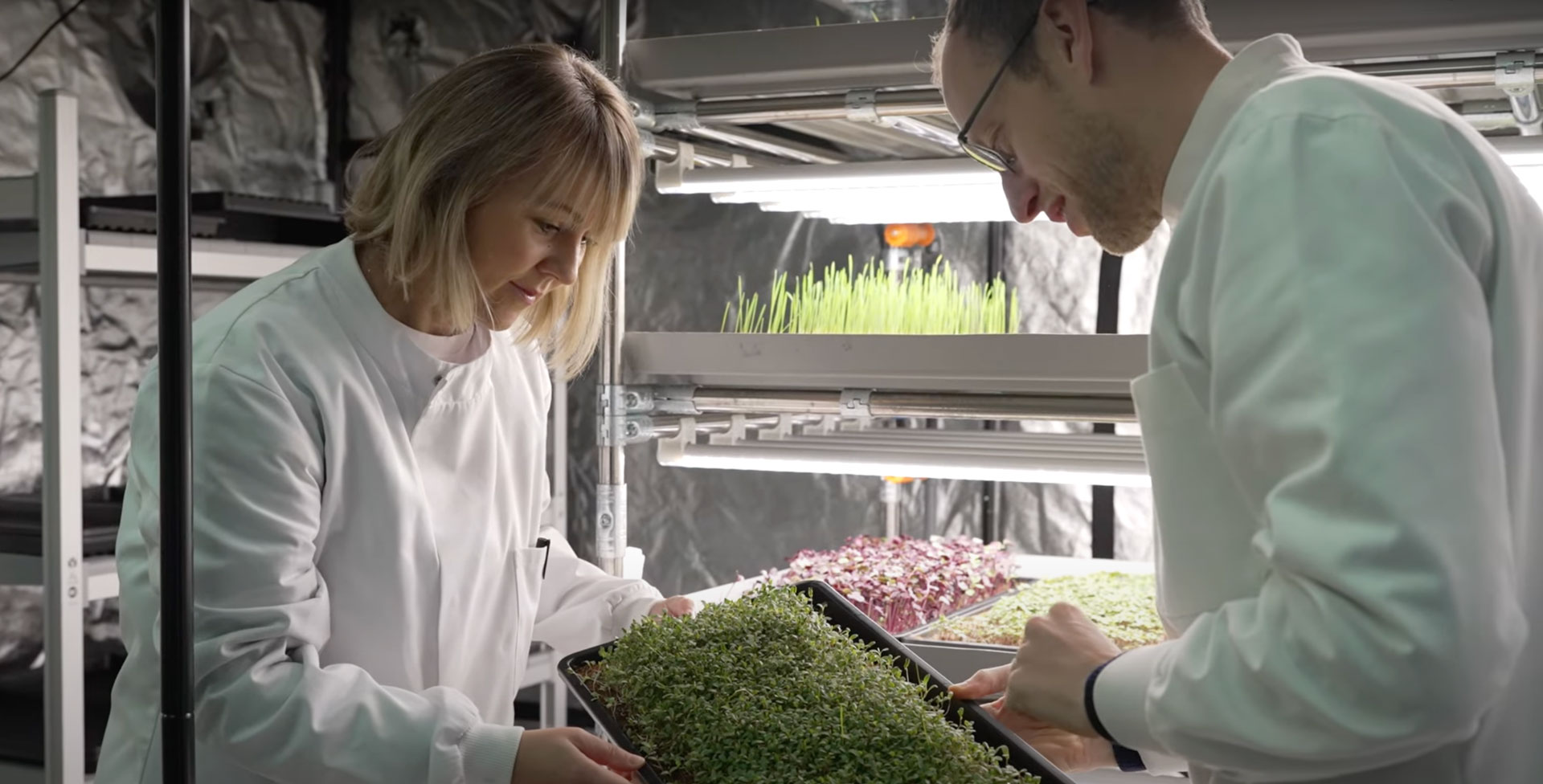
Developing a Circular Model for Low-Emission, Healthy Food Production
Related Networks and Sectors
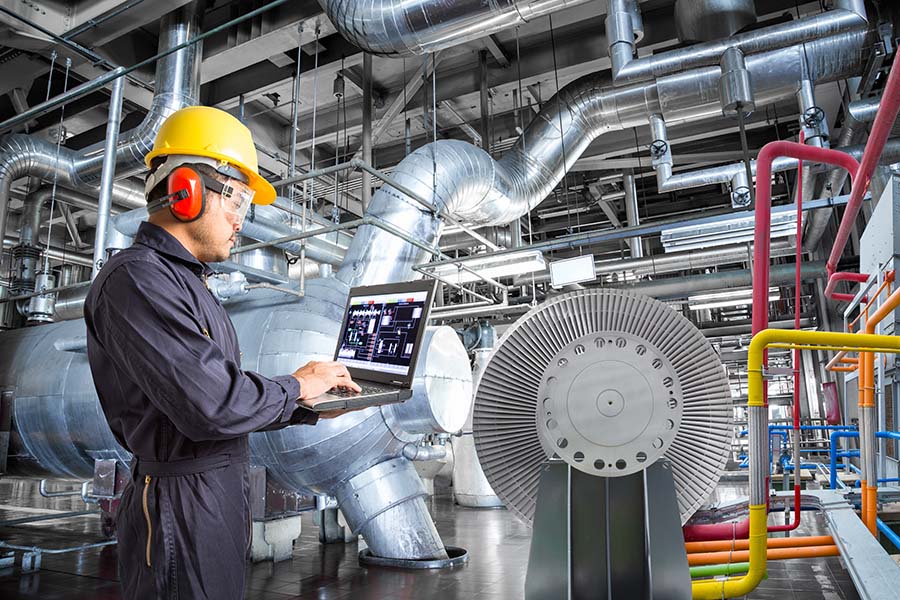
Thermal Energy Systems
IUK Business Connect supports the heating and cooling industries in the UK including the electrification of heat, heat networks and low carbon gases.
Read more
Low Emission Vehicles
Governments across the globe are working and deploying plans to reduce carbon and particulate emissions to improve the environment for generations to come.
Read more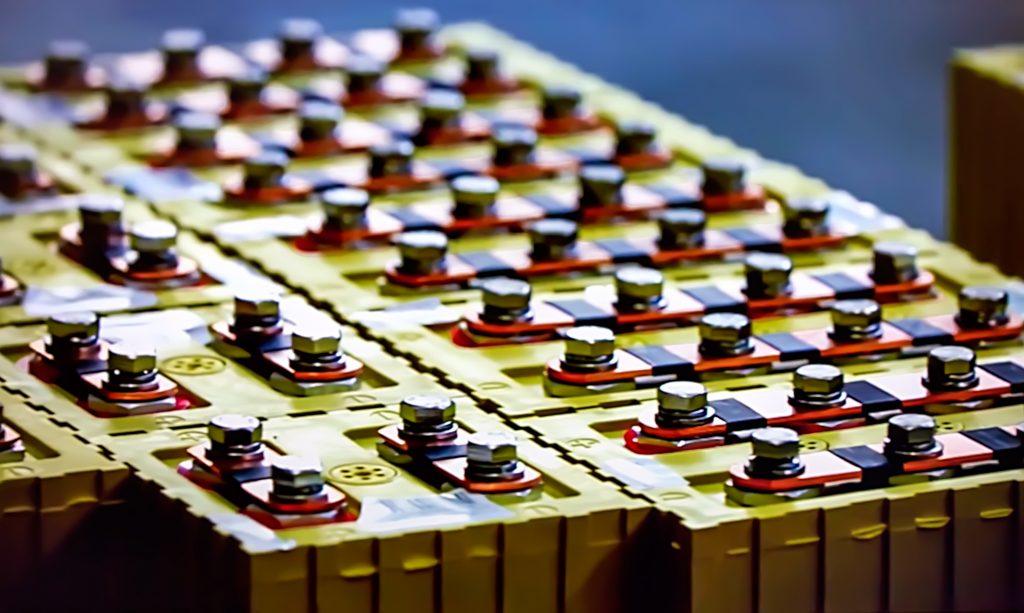
Cross-Sector Battery Systems
The Cross-Sector Battery Systems Innovation Network is a collaborative community of technology developers and end-users from multiple sectors.
Read more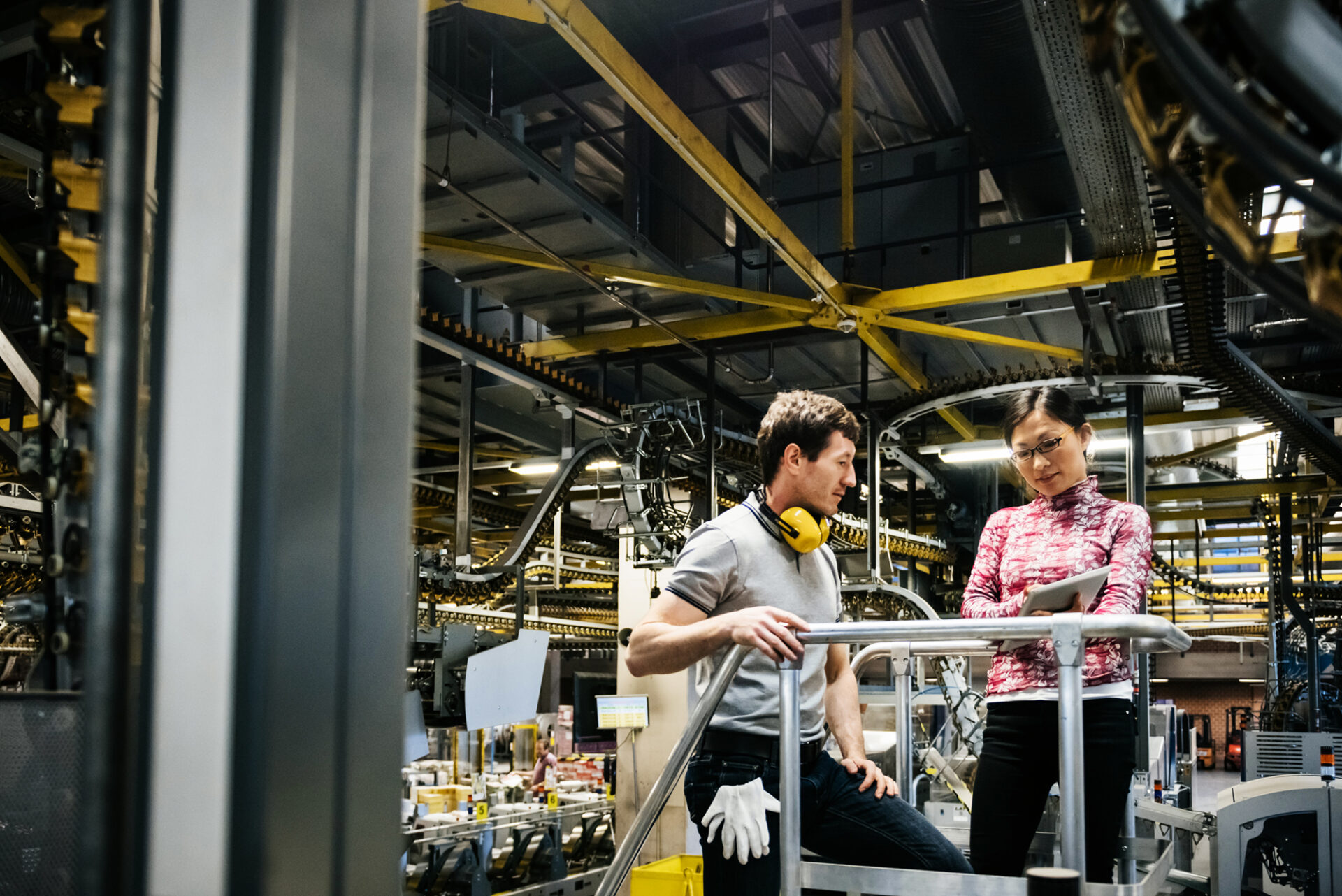
Made Smarter
From 2021 to 2025, Business Connect will be working on behalf of UKRI to join communities together to transform UK manufacturing and drive positive change.
Read more




